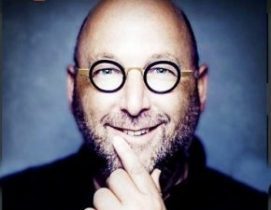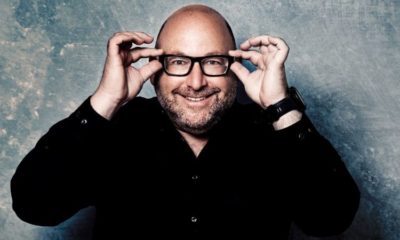
Voices

Seeing red over digital blackface
One of the few good things to come out of the Oprah interview with Meghan Markle and Prince Harry on 7 March were the spectacular memes. Whereas the couple were predictably dull and sad, Oprah was her expressive wonderful self during the conversation. It was no surprise therefore that some of the scenes were turned into memes that went viral. This is also why I found myself using one of them on social media in response to a post.
I might have anticipated one of my children telling me that it wasn’t appropriate or cool for a guy in his (early) 50s to use memes the way I was doing. I might also have anticipated that a few well-meaning friends would point out that I’m not nearly as woke as I might think I am. But I didn’t anticipate that someone would refer me to an article that suggested that I might be guilty of perpetrating a “digital blackface”.
By now, even the latest adapters are aware of the offensive nature of “blackface”. The concept has theatrical roots in the United States in the 19th century, when makeup was used on white actors to portray a caricature of a black person. It was a form of racial stereotyping that still causes hurt today.
Digital blackfacing is a progression of this concept. It’s defined as “an online phenomenon where white folk share gifs and photos of black folk to express emotion or reaction to anything happening on the internet. It’s another way people try to co-opt black identity and culture without any of the day-to-day realities of being black.”
Hold on a moment! I might have been doing a lot of things with my meme, but I was certainly not co-opting Oprah’s culture without appreciating her day-to-day realities of being black. I can’t even imagine how black culture enters into the use of the meme.
Whereas conversations around “cancel culture” are all the rage right now, not nearly enough is said about its evil twin “opinion disqualification”. Often seen in the form of an instruction to “stay in your lane”, opinion disqualification is a serious and cognitively terminal disease. The basic tenet is that unless we fit into the lane (as defined from time to time by social media), we lose all right to participate in any dialogue.
On a broad, practical level this means that men aren’t qualified to opine on gender issues, and that only people of colour can comment on issues of racism. But that’s just the starting point, because if the goal is to disqualify an opinion based on the identity of the holder, there’s really no limit to which this can be applied.
There is no doubt that some measure of this is reasonable. And as Jews, it’s not difficult to relate to this on some level. A recent BBC panel debating whether Jews are to be considered a minority was thought to be offensive as a result of low representation in the discussion. Jews hate being told what is and what isn’t antisemitic, much like a woman might reject being told by a man what is and isn’t misogynistic.
The answer to this apparent quagmire is surprisingly simple. Awareness, sensitivity, and the ability to think. Given the opportunity again, I would use the Oprah meme. I will think twice as to whether I’m stereotyping, but I also fully intend to embrace the magnificent personalities of those around me by not staying anywhere near my lane.






